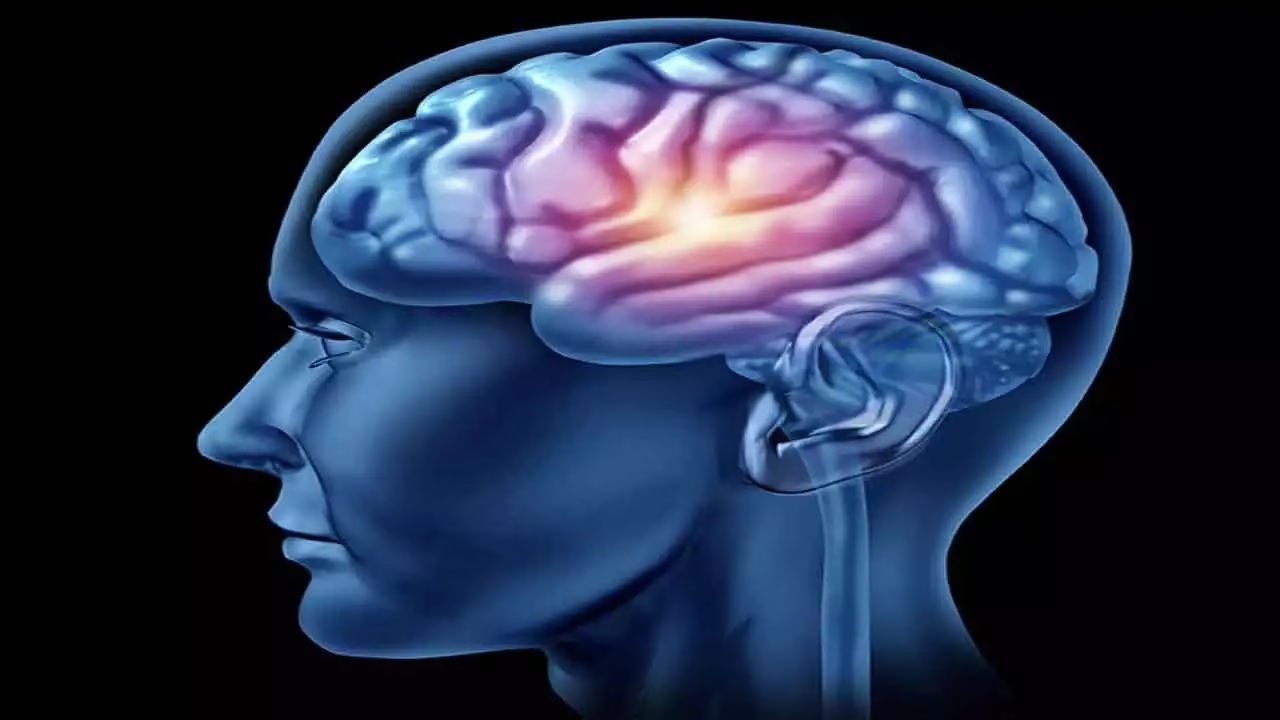Scientists are uncovering groundbreaking ways to tackle Alzheimer’s disease, a condition that affects millions globally. A recent study has revealed that inhaling xenon gas may significantly improve mental health and problem-solving abilities, potentially offering hope for combating this currently incurable disease. This revelation could mark a major milestone in neurological research.
What Is Xenon Gas?
Xenon is a rare, colorless, and odorless gas with unique properties. While it is commonly recognized as a rocket propellant or anesthetic, its applications extend beyond industrial use. Climbers scaling Mount Everest often rely on xenon to enhance their oxygen intake in high altitudes. However, its high cost and limited availability have restricted its widespread use.
The Study: Xenon’s Role in Mental Health
In a recent experiment conducted on mice, researchers explored xenon’s potential as a treatment for Alzheimer’s disease. The findings were astonishing:
- Cognitive Improvements: Mice exposed to xenon showed enhanced memory retention and problem-solving abilities.
- Neuroprotective Properties: Xenon appeared to reduce neural inflammation, a hallmark of Alzheimer’s progression.
- Encouraging Results: The positive outcomes in mice have prompted researchers to initiate human trials in the coming months.
Why Xenon Could Revolutionize Alzheimer’s Treatment
Alzheimer’s disease, characterized by memory loss and cognitive decline, remains one of the most challenging medical conditions to treat. Current therapies focus on slowing the disease’s progression rather than reversing its effects. Xenon’s unique properties could change this narrative:
- Neuroplasticity Enhancement: Xenon promotes brain adaptability, which is crucial for memory and learning.
- Inflammation Reduction: By targeting inflammation, xenon addresses one of the core contributors to Alzheimer’s.
- Non-Invasive Approach: Unlike traditional medications, inhaling xenon is a minimally invasive treatment option.
The Road Ahead: Human Trials
Encouraged by the success in animal studies, researchers plan to test xenon gas on humans in the near future. The trials aim to determine:
- Safety and Dosage: Establishing optimal inhalation levels for therapeutic effects.
- Long-Term Impact: Assessing how prolonged exposure affects cognitive functions.
- Scalability: Exploring ways to make xenon more accessible for medical use.
Challenges and Considerations
While the study offers immense promise, several challenges remain:
- Cost: Xenon is one of the most expensive gases, making large-scale application financially demanding.
- Availability: Limited global reserves could hinder widespread adoption.
- Ethical Concerns: Human trials must navigate ethical considerations to ensure patient safety.
Xenon Beyond Alzheimer’s
Xenon’s potential applications are not limited to Alzheimer’s treatment. Researchers are also investigating its role in:
- Post-Traumatic Stress Disorder (PTSD): Reducing anxiety and improving emotional regulation.
- Stroke Recovery: Enhancing brain repair mechanisms.
- Surgical Anesthesia: Providing safer alternatives to traditional anesthetics.
Hope for the Future
The discovery of xenon’s therapeutic potential underscores the importance of exploring unconventional solutions for complex diseases. If human trials confirm its efficacy, xenon could revolutionize the treatment landscape for Alzheimer’s and other neurological conditions.
For millions of patients and families affected by Alzheimer’s, this breakthrough represents a glimmer of hope. While challenges remain, the prospect of improving mental health and restoring cognitive function is a goal worth pursuing.
The use of xenon gas in Alzheimer’s research is a testament to scientific innovation and the relentless pursuit of solutions to incurable diseases. As human trials commence, the world watches with anticipation, hoping that this rare gas will unlock new possibilities for mental health treatments.



